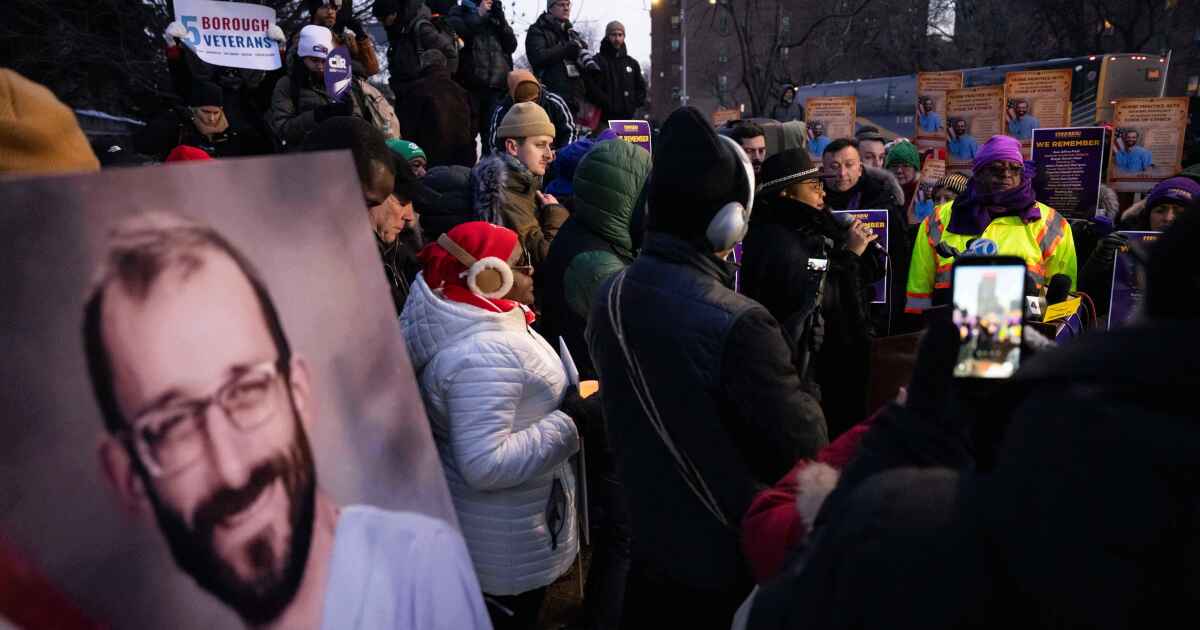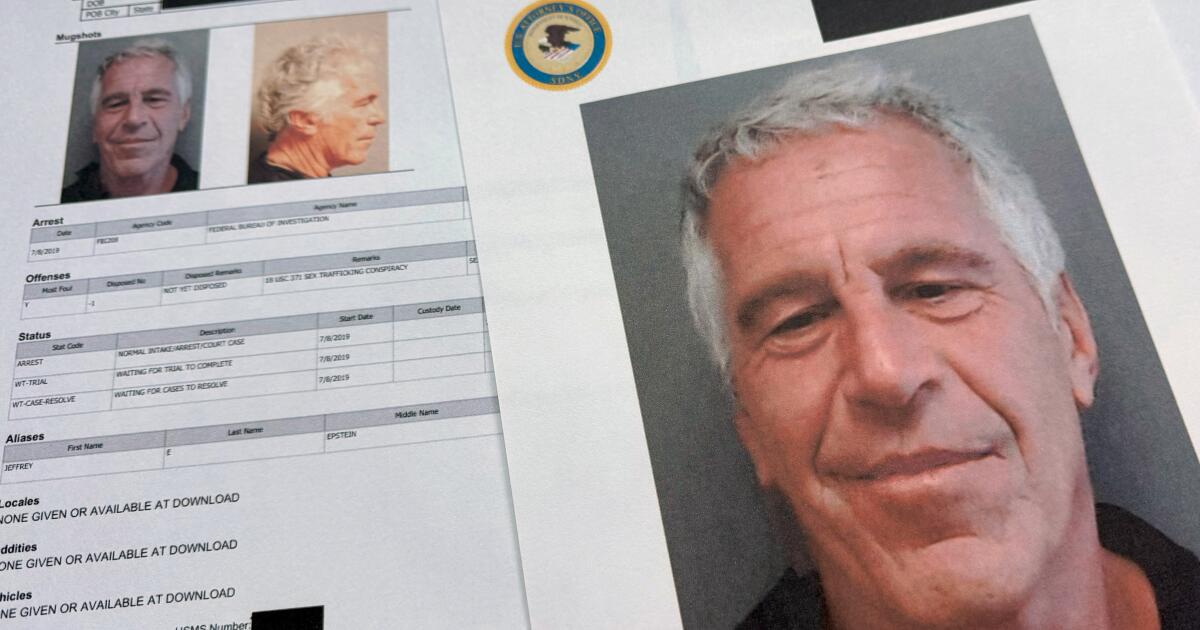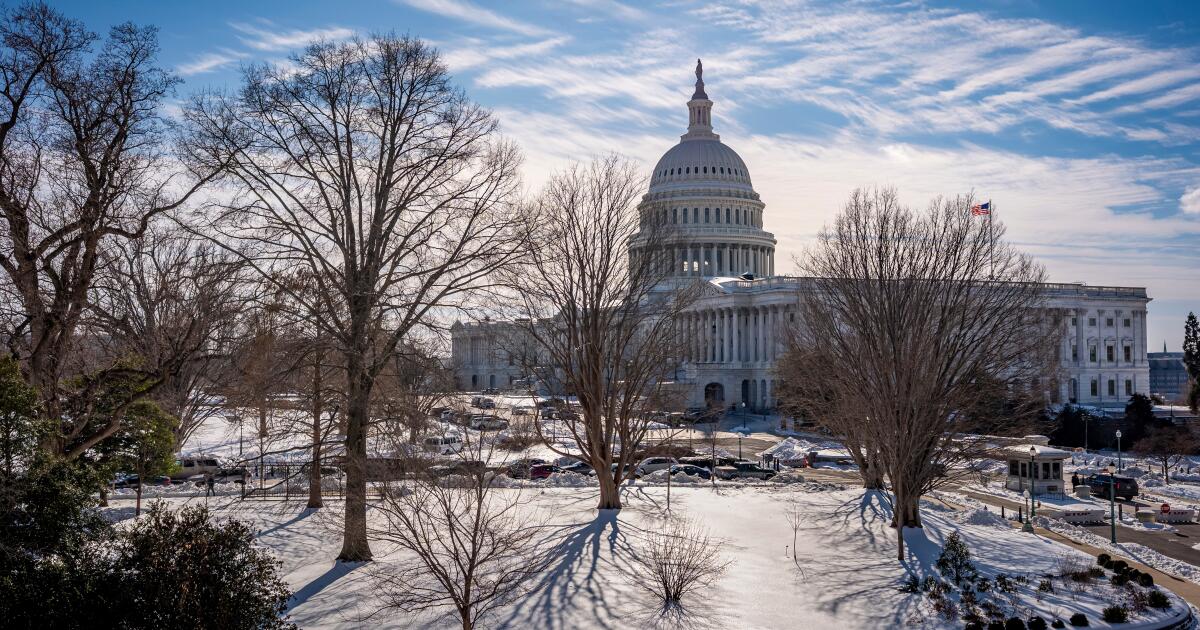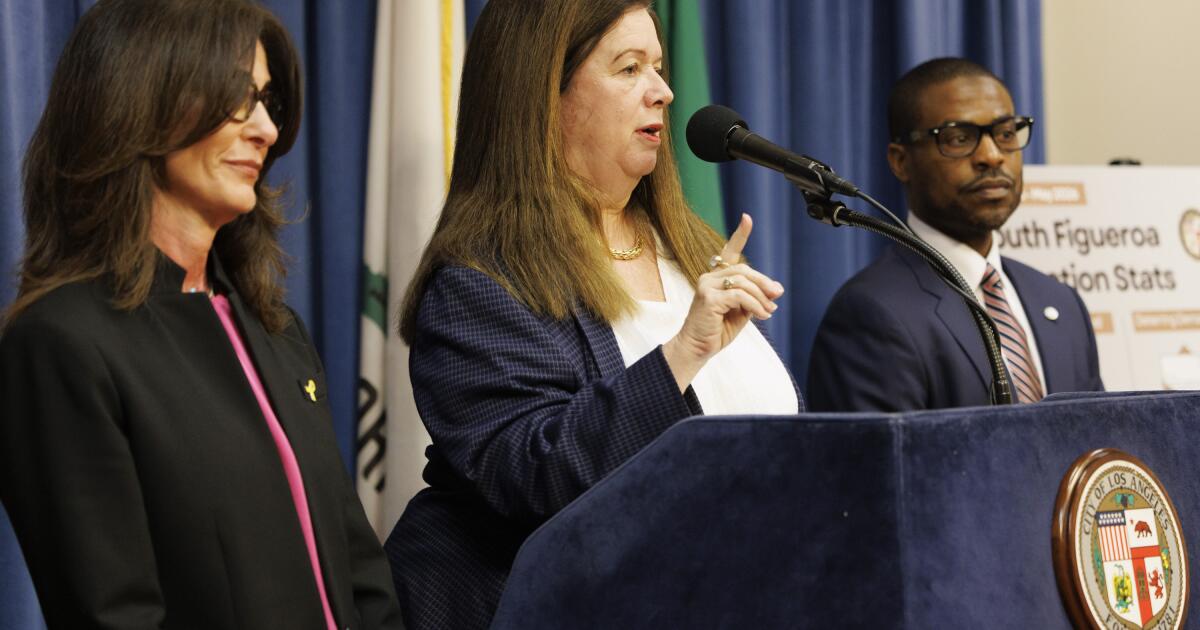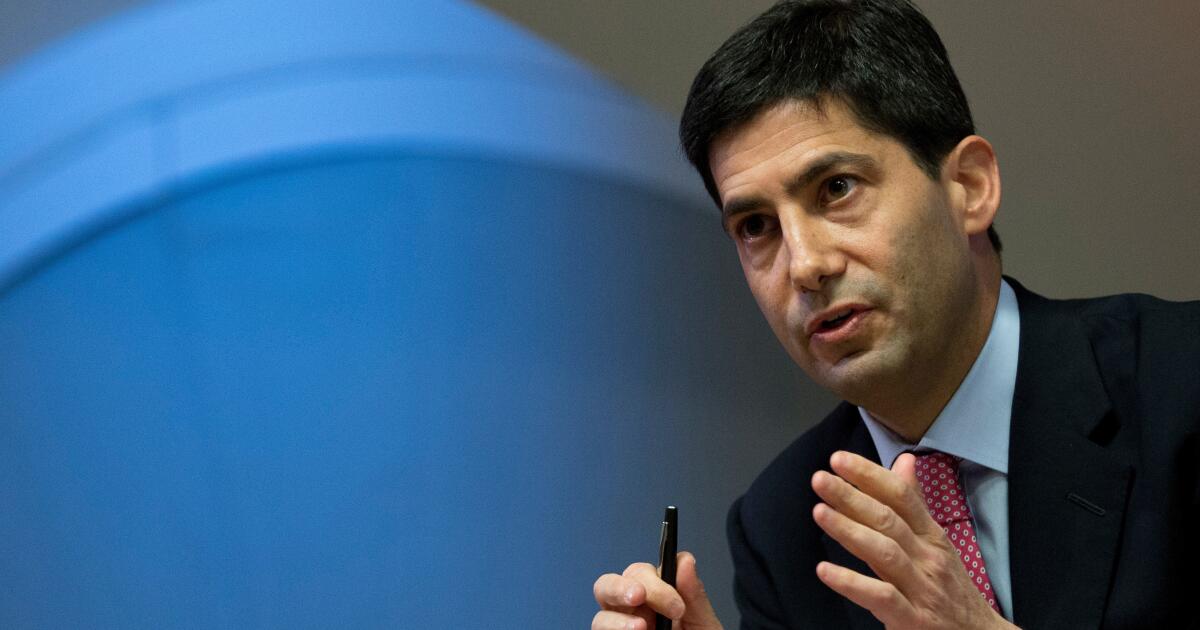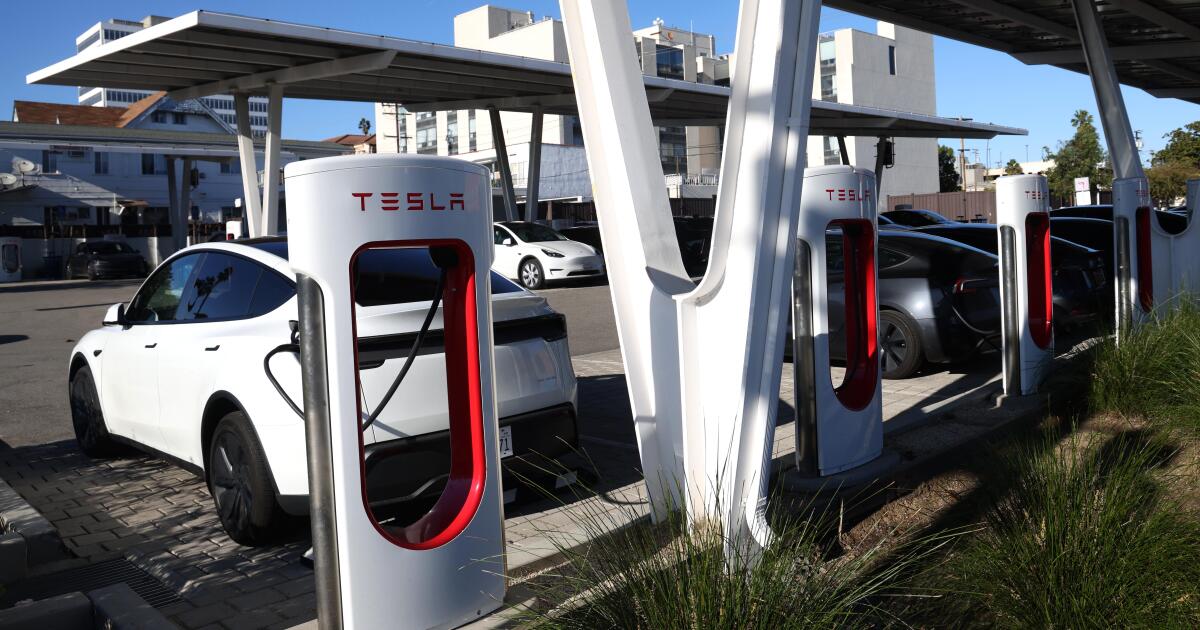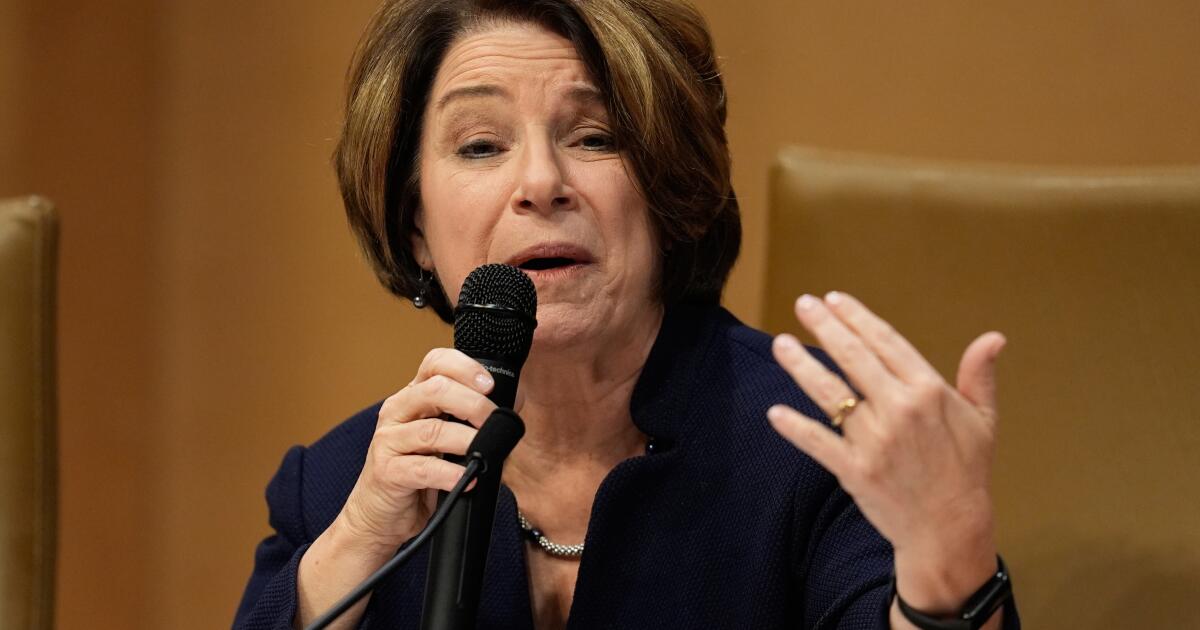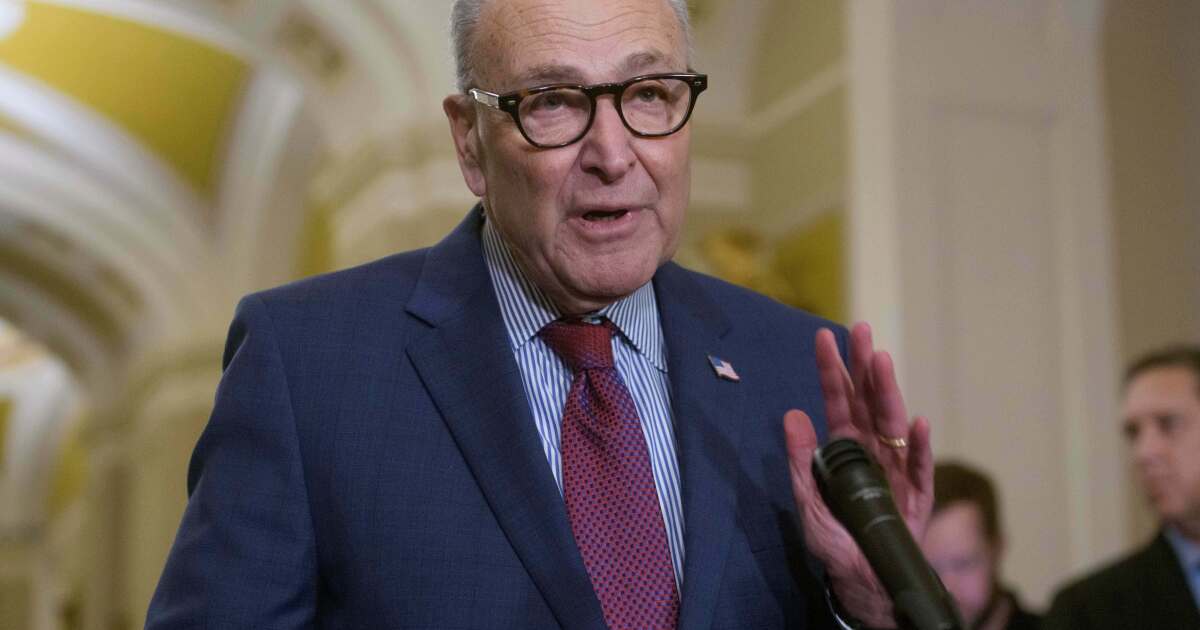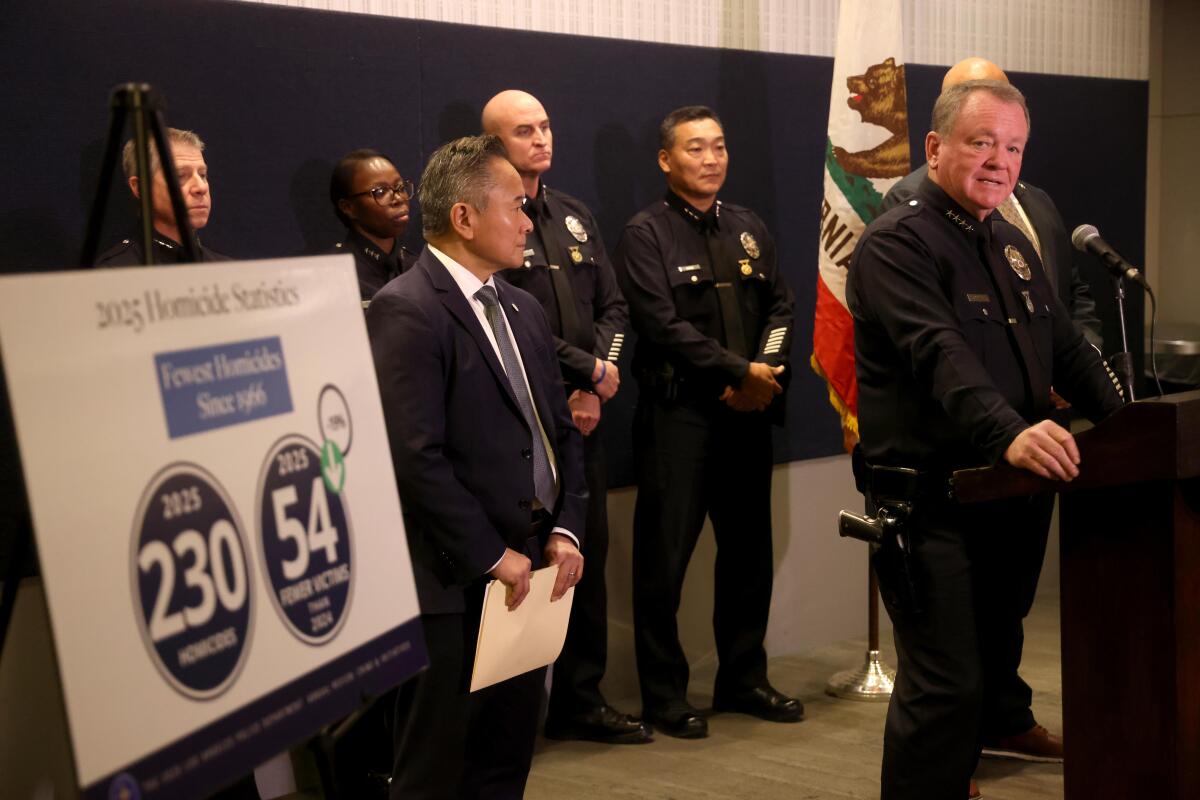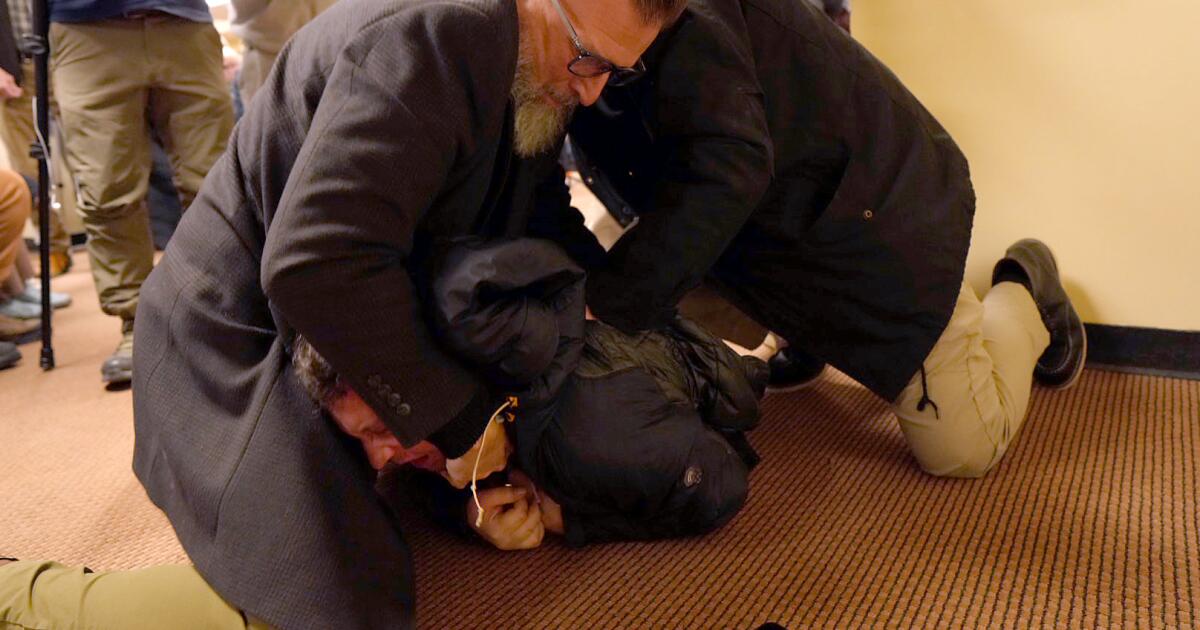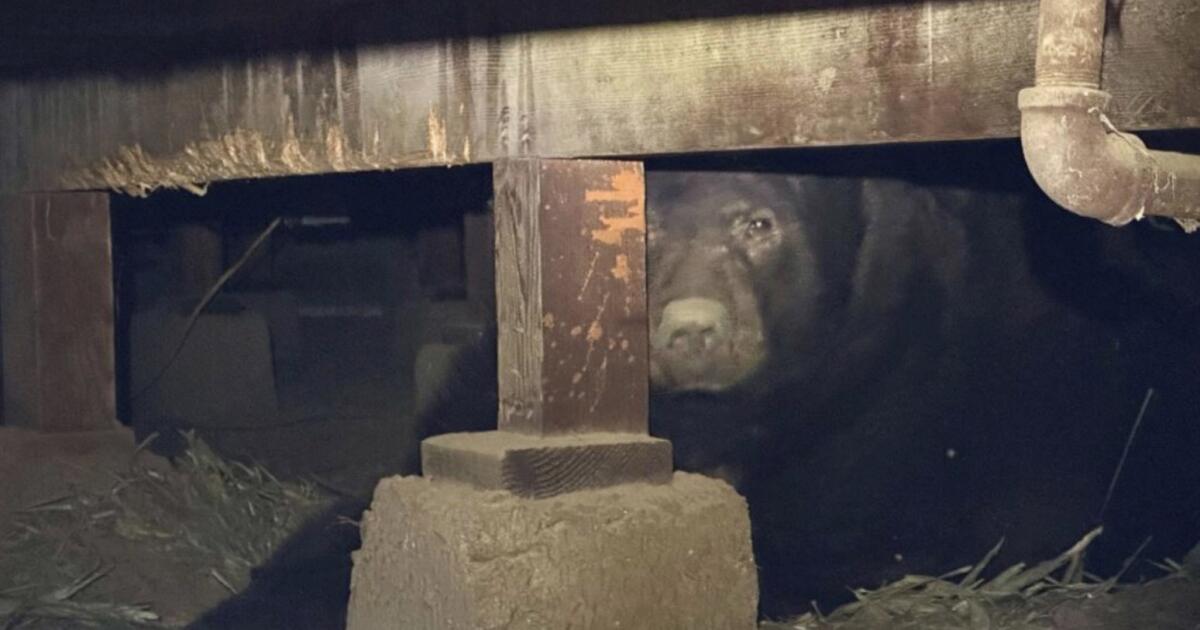The shelter said the pit bull was sweet. He mauled his new owner
In the video, a gray pit bull named Valerio stood on a woman’s lap, furiously wagging his tail as he accepted her caresses.
“I’m the best boy ever! I love to play. I love snuggling and I’ll let you put silly costumes on me,” said the caption on the Feb. 14, 2022 Instagram post.
Kristin Wright responded: “I work so it’s a little crazy. Can valeria just get in the back seat of my car.”
That August, two days after Wright adopted 4-year-old Valerio from the city animal shelter in South Los Angeles, he attacked her, breaking her right arm and peeling the skin off her left arm.
Only later did Wright discover that Valerio was surrendered to the shelter after biting his previous owner’s elderly mother in the face.
Wright and her husband sued the city, reaching a $3.25-million settlement in November.
Wright, 75, said she never would have adopted Valerio had she known of his violent history. After multiple surgeries, she still has nerve damage and pain in her fingers and hands, making it difficult for her to do her work as an accountant.
“They made a choice [to adopt Valerio out], and now I have to live my life like this,” she said.

Valerio was euthanized after he attacked Kristin Wright. Above, the dog at an animal shelter in South Los Angeles.
(Kiana Kang)
Jenna Edzant, one of Wright’s lawyers who has sued the city three times for similar dog attacks, said in a statement, “What happened to Ms. Wright and her husband was completely preventable if the City had simply followed its own policies and procedures that are designed to keep members of the public safe from potentially dangerous dogs.”
Karen Richardson, communications director for the L.A. city attorney’s office, declined to comment.
L.A. Animal Services Communications Director Agnes Sibal-von Debschitz said that in response to Wright’s case, the agency formalized a disclosure policy in November that requires shelter employees to check a dog’s bite history before finalizing an adoption.
Valerio’s case raises questions about how shelter officials transmit information about bite histories to potential adopters and the network of volunteers who help find homes for the dogs, as well as what outside parties do with that information. Often, volunteers and animal rescuers post social media pleas like the ones Wright responded to, in a race against time to save dogs from potentially being euthanized to make space in the overcrowded shelters.
State law requires animal shelters and rescue groups to disclose a dog’s bite history in writing. Before adopting Valerio, Wright signed a form acknowledging that he had “displayed behavioral issues” at the shelter. But according to one of her attorneys, Ivan Puchalt, the disclosure did not meet the state requirement.
Wright said that shelter volunteers told her Valerio was “sweet” and just needed lots of love after being there more than a year.
Shelter workers mentioned a previous bite but characterized it as a nip at the heels and “not a big deal,” she said.
Valerio’s past was much worse than that.

He was surrendered to the shelter by his owner on April 27, 2021, after he bit the owner’s mother in the face, according to an Animal Services investigation report.
There was “a lot of blood,” and at the hospital, the victim was unable to speak because of the bite, the report said.
According to the report, Valerio bit the victim after the owner didn’t have the usual ham or “weenies” to lure him outside. The victim tried to scare him with her cane and yelled at him, and he jumped up and bit her in the face.
The owner told an animal control investigator that she feared for her 8-year-old child and wanted to surrender Valerio. The investigator took Valerio, waiving impound fees for public safety reasons, the report said.
The Instagram post that Wright responded to, on a page called Dharmas_dogs, did not mention the attack. A person who responded to a Times inquiry on the Dharmas_dogs page declined to comment.
More than 15 pleas to adopt Valerio, showing him in playful postures such as playing fetch and posing in a sunflower hat, remain live on Instagram.
Only a few mention his bite history.
“Volunteers describe him as being good on leash, gentle, calm, and engaged … Valerio is now in danger of being RED ALERTED because of a bite incident … He bit his previous owner’s mother after she used her cane to try to scare him. His owner stated that he was normally fine with little dogs and kids though,” said a Feb. 25, 2022, Instagram post by warmheartsproject.
According to city records uncovered in Wright’s lawsuit and reviewed by The Times, Valerio had been marked for euthanasia for dangerous behavior in April 2022, four months before Wright adopted him.
But an error on the euthanasia form, marking the reason as overpopulation in the shelter rather than a risk to public safety, meant he was still available to ordinary adopters such as Wright.
That same form noted that Valerio’s bite to the victim’s face was classified as “level 4,” meaning his teeth sunk in deeply, according to a severity scale from the Assn. of Professional Dog Trainers. Such a dog is “very dangerous” and has a poor prognosis, the association said.
“Aggression always escalates, and the next time they do it, they’re likely to be more confident,” said Ron Berman, a dog behavior and bite expert.
The decision to put Valerio up for adoption to the public was made by a shelter supervisor, who then authorized shelter employees to post his photo and description on social media and work with “third parties” to promote him “using information obtained from Shelter employees,” according to an amended complaint filed by Wright’s attorneys in December 2023.
It was unclear why the card on the outside of Valerio’s kennel, which notes behavior problems for staffers and volunteers, didn’t include his bite history, Wright’s attorneys said.
Kiana Kang said she wrote the February 2022 warmheartsproject Instagram post, noting that Valerio had bitten the cane-wielding woman. The incident, which Kang heard about from shelter volunteers, “didn’t sound serious,” she said.
In June 2022, Kang wrote a second post about Valerio that didn’t mention the bite. Kang said she didn’t recall her post about the first bite until reviewing it while speaking to The Times.
Kang said that at the time, she relied on shelter volunteers for information about dogs, and they didn’t remind her about the bite before she wrote the June 2022 post.
After meeting Valerio at the shelter, she thought he “was the sweetest dog” and was shocked to learn he had attacked Wright, she said.
Kang said she is not a volunteer but often visits the West L.A. and South L.A. shelters to take videos of dogs slated for euthanasia and post them on social media. She works solo on warmheartsproject to help shelter dogs find a home, she said.
She said dogs sometimes act out because they have been treated poorly or are frustrated by being locked up at the shelter.
“Some of these dogs with these bad notes turn out to be the sweetest dogs,” she said.
The city has been sued before over shelter dogs that severely injured people after their bite histories allegedly were not disclosed.
A Van Nuys woman whose arm was amputated because of a dog attack received a $7.5-million settlement in June 2024. The woman’s son adopted the pit bull, named O’Gee, in 2020 from a city shelter, not knowing he had bitten a jogger in both arms, according to the woman’s lawsuit.
Also in 2020, a Belgian Malinois named Maximus attacked a woman who was feeding him a treat before transporting him from an L.A. animal shelter to an Arizona rescue facility. The injuries to the woman’s arm were “severe and permanent” and required at least nine surgeries, according to a lawsuit filed in 2024.
The card on Maximus’ kennel failed to note that he was surrendered because he had attacked a child and that he had bitten a shelter employee, said the lawsuit, which is ongoing.
Days after Wright brought Valerio home to Rancho Santa Fe, she returned from a run and noticed he was acting strangely. She doesn’t remember much about what happened next.
Things she took for granted, such as cutting vegetables, gardening or typing on a computer keyboard, are difficult or impossible three years later, she said.
Valerio was euthanized days after the attack. Although Wright was still in the hospital, city employees called to see whether she and her husband wanted him put down.
“He’s so sweet,” she remembered them saying.
Times staff writer David Zahniser contributed to this report.


